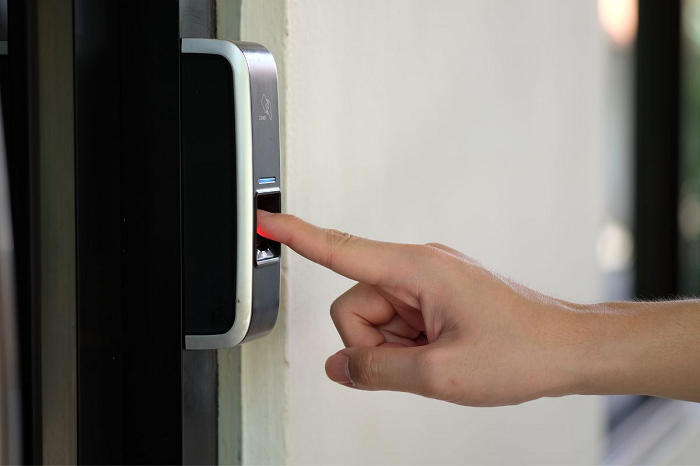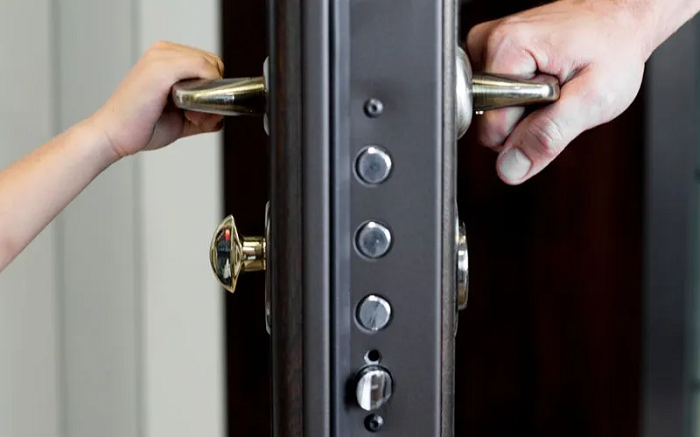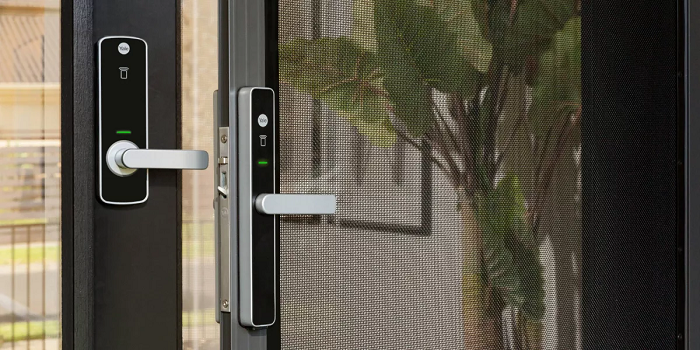How Do You Balance The Convenience And Security Of A Smart Lock?
2024-11-27 08:50
The advent of smart home technology has revolutionized how people secure their homes, with smart locks becoming a popular choice for modern security. These cutting-edge devices provide features like keyless entry, remote control capabilities, and seamless integration with home automation systems, offering exceptional convenience. However, the growing reliance on technology raises important questions about their safety compared to traditional locks. While smart locks offer numerous advantages, they also come with security risks that demand careful consideration. This essay examines the safety of smart locks, weighing their benefits against potential vulnerabilities to determine whether they truly provide a superior level of security.

The Appeal of Smart Locks
Smart locks have gained popularity primarily due to their convenience. Unlike traditional locks, which require a physical key, smart locks allow users to unlock doors via smartphone apps, PIN codes, biometrics, or even voice commands. This eliminates the need to carry keys and reduces the risk of being locked out due to lost or misplaced keys.
Another significant advantage of smart locks is their remote accessibility. Users can lock or unlock doors from anywhere, granting access to family members, friends, or service providers even when they are not home. Some smart locks also provide activity logs, enabling homeowners to monitor who enters and exits their property, adding an extra layer of oversight. Furthermore, integration with smart home systems allows for automation, such as locking doors automatically when a security system is armed or when the homeowner leaves the premises.
Security Benefits of Smart Locks
Smart locks offer several features that enhance security. For example, many models are equipped with advanced authentication methods like fingerprint recognition or two-factor authentication, which are harder to bypass than traditional keys. These locks often include tamper alerts and notifications, alerting homeowners to unauthorized access attempts in real time.
Additionally, smart locks eliminate the threat of lock picking and bumping, two common methods used to compromise traditional locks. Without a physical keyhole, these attacks are rendered ineffective, making smart locks potentially more secure in certain scenarios.
The Risks of Smart Locks
Despite their advantages, smart locks are not without risks. One of the primary concerns is their vulnerability to cyberattacks. Since these devices rely on wireless communication protocols such as Wi-Fi, Bluetooth, or Zigbee, they can be targeted by hackers. Attackers may exploit software vulnerabilities to gain unauthorized access or even take control of the lock remotely.
Another significant risk is related to data privacy. Smart locks collect and store user data, such as access logs and personal information. If this data is not properly encrypted or is stored on insecure servers, it could be exposed in a data breach, potentially compromising the homeowner's security.
Power and connectivity issues also present challenges. Smart locks require a reliable power source to function, typically through batteries. If the batteries die or the lock experiences a technical malfunction, users may be locked out of their homes. Similarly, reliance on internet connectivity means that a network outage could temporarily render the smart lock unusable.
Comparing Smart Locks to Traditional Locks
Traditional locks, while lacking the advanced features of smart locks, are generally more resistant to technological vulnerabilities. A high-quality mechanical lock offers a simple and effective barrier against unauthorized access, requiring physical tools and skills to bypass. Moreover, traditional locks do not rely on power or internet connectivity, ensuring consistent functionality.
However, traditional locks are not foolproof. Techniques like lock picking and bumping can compromise their security, and lost or stolen keys pose a risk. In contrast, smart locks address some of these weaknesses with features like keyless entry and real-time monitoring.
Finding the Balance
To determine whether smart locks are safer, homeowners must weigh their convenience against potential risks. Smart locks can enhance security when used as part of a comprehensive approach that includes strong passwords, regular software updates, and secure home networks. For added protection, homeowners should choose smart locks from reputable manufacturers with a track record of robust cybersecurity practices.
Lockpickmall is a platform for professional locksmithing and non-destructive locksmithing with thousands of positive reviews from celebrities in the locksmithing world! Here you can find all kinds of Locksmith Tools, locksmithing equipment professional car door opening kits, etc. Lockpickmall's lock cylinders are highly trusted for their quality, durability, and effectiveness. If you need locksmithing-related services, be sure to check out Lockpickmall.In the meantime, shop online for all the locksmithing training tools you need, we look forward to helping you!

Conclusion
Smart locks represent a significant advancement in home security, offering unparalleled convenience and innovative features that traditional locks cannot match. However, their reliance on technology introduces unique risks, including cyberattacks and power failures. While smart locks can enhance safety when implemented correctly, their effectiveness ultimately depends on the user’s vigilance in maintaining their cybersecurity. For many homeowners, a balanced approach that combines smart and traditional security measures may provide the best solution, offering both convenience and peace of mind. Whether smart locks are truly safer depends on the individual’s priorities, needs, and willingness to address the associated risks proactively.

 Like Us on Facebook to enjoy 5% discount
Like Us on Facebook to enjoy 5% discount
